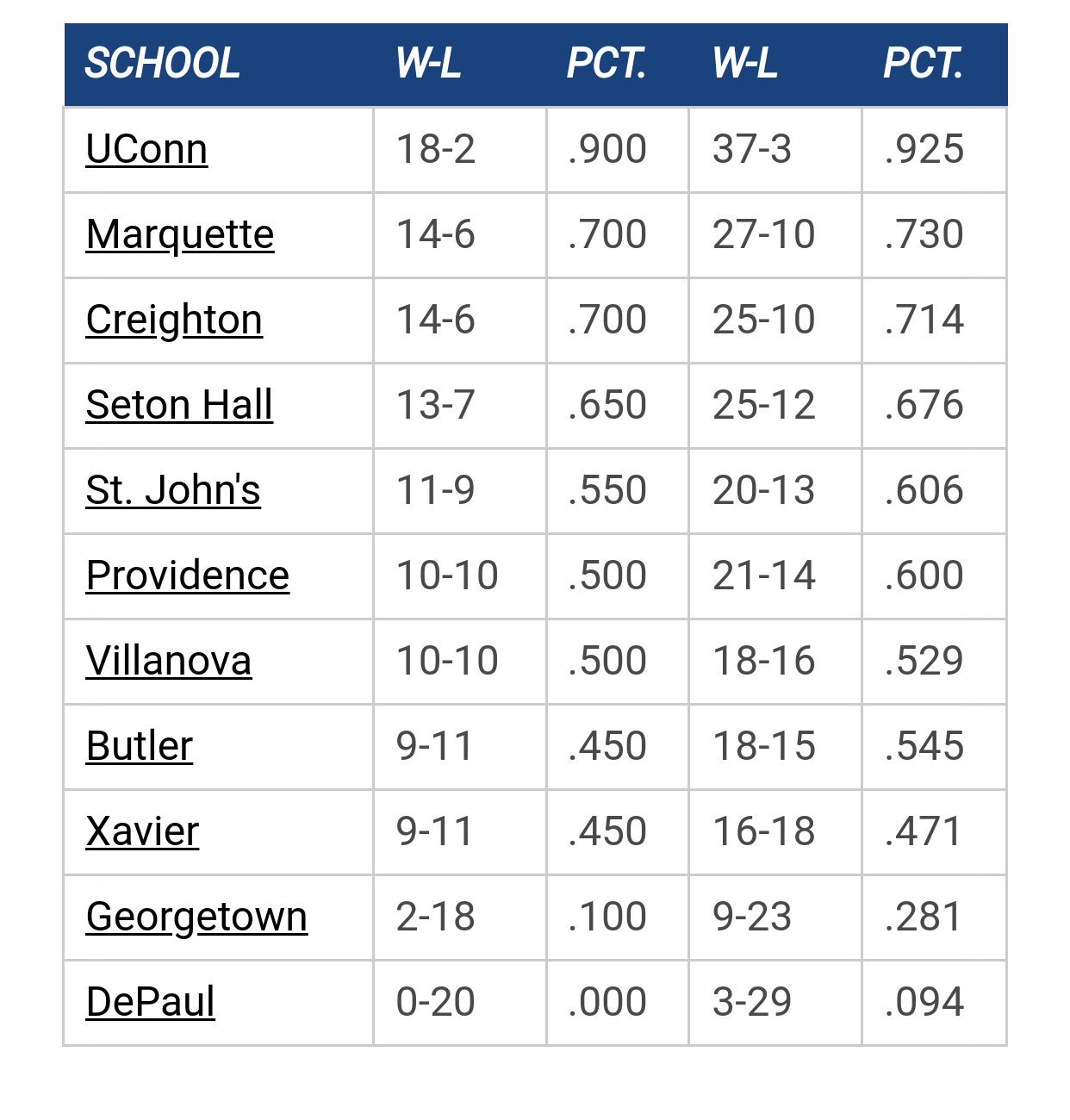- Welcome to MUScoop.
MU/Butler Game Thread by MuggsyB
[Today at 01:49:34 PM]
2025-26 College Hoops Thread by wadesworld
[Today at 01:45:45 PM]
Our Future by Jay Bee
[Today at 01:45:01 PM]
NMD by KolekThrees
[Today at 01:34:24 PM]
What you drinkin’ today by forgetful
[Today at 01:33:20 PM]
Radio show 2/5 by Vander Blue Man Group
[Today at 12:45:57 PM]
Recruiting as of 1/15/26 by BCHoopster
[Today at 12:12:07 PM]
[Today at 01:49:34 PM]
2025-26 College Hoops Thread by wadesworld
[Today at 01:45:45 PM]
Our Future by Jay Bee
[Today at 01:45:01 PM]
NMD by KolekThrees
[Today at 01:34:24 PM]
What you drinkin’ today by forgetful
[Today at 01:33:20 PM]
Radio show 2/5 by Vander Blue Man Group
[Today at 12:45:57 PM]
Recruiting as of 1/15/26 by BCHoopster
[Today at 12:12:07 PM]
The absolute only thing required for this FREE registration is a valid e-mail address. We keep all your information confidential and will NEVER give or sell it to anyone else.
Login to get rid of this box (and ads) , or signup NOW!
Butler Date/Time: Feb 7, 2026, 1:00pm TV: FS1 Schedule for 2025-26 |
||||||
User actions


